Many of us, I get the feeling, don’t go and see as many films as we used to, or want to. Instead we spend all our time complaining that we don’t have enough time to watch films any more. Speaking purely as a hard-working freelance, I also miss all those old black-and-white movies BBC2 used to show in the afternoon, to fill in the yawning hours between lunch and teatime. You would see things you hadn’t seen before, you would see things you had seen a million times before, and you would doze happily through all of them, while characters walked around wearing hats and talking and talking and talking more than anyone would be allowed to in the cinema of today.
George Tiffin’s All the Best Lines is a grand hardback trawl through the Golden Age of Cinema Dialogue. Possibly because they started only with images, the film business has never treated the screenwriter with much respect. In his introduction, Tiffin quotes Irving Thalberg: ‘The most important person in the motion picture process is the writer, and we must do everything in our power to prevent them from realising it.’ And William Goldman: ‘Screenwriting is what feminists call “shit-work”. If it’s well done, it’s ignored. If it’s badly done, people call attention to it.’ If you didn’t already know it, you would correctly guess from these quotes that Thalberg produced films and Goldman merely wrote them.
But what treasures are to be found in this glorious book. Tiffin has grouped his entries under a number of vague-sounding themes — Love, Friends, Enemies, Power, Tears, Monsters — and then unleashed quotes in their thousands. Some excellent films are represented by a single line. Casablanca gets two chunks: Bogart’s exchange with Claude Rains (‘What in heaven’s name brought you to Casablanca?’ ‘My health. I came to Casablanca for the waters.’ ‘The waters? What waters? We’re in the desert.’ ‘I was misinformed.’) and nearly two pages of the scene with Ingrid Bergman that ends with ‘Here’s looking at you, kid.’
All About Eve, Gone with the Wind, The Seventh Seal and White Heat feature three times, and the only film to get four mentions is The Big Sleep. Not that Tiffin is wholly in thrall to films of the 1940s and 1950s. Each chapter is arranged chronologically and ends with a belter from the past couple of years. From The Social Network in 2010, Rooney Mara ends her relationship with Jesse Eisenberg thus:
You are probably going to be a very successful computer person. But you’re going to go through life thinking that girls don’t like you because you’re a nerd. And I want you to know, from the bottom of my heart, that that won’t be true. It’ll be because you’re an asshole.
Sensibly, Tiffin sticks to verbal zingers: he doesn’t give himself the task of describing visual jokes, which is just as well as it usually kills the joke in the process. David Thomson’s latest book, on the other hand, is all about describing things that can’t really be described, and only he would dare try. Aided by a copious and well-chosen collection of stills, Thomson has selected 70 so-called ‘movie moments’ — not necessarily the ‘best’ or even his personal favourites, but ‘moments that have stayed in my memory, and which leap onto the screen in my head if the title is mentioned.’
As you would expect from Thomson, his selection is utterly particular, verging on the capricious. And as you would also expect, he writes with great elegance and insight about every one. We have Louise Brooks’s ‘insolence and defiance’ in Pandora’s Box, William Holden’s voice-over at the beginning of Sunset Boulevard (‘one of the finest dry, ironic voices in American culture’) and the ‘perverse comedy’ of North by Northwest. Marlene Dietrich ‘was never really a great actress. When asked to act she lost confidence. If told to exist she became a lighthouse summoning every sailor to her rocks.’
Thomson’s bias towards the Golden Age, and after that the wild times of the 1970s, is clear and unashamed: there are only 13 films here from the past 30 years, one or two of which are unexpected, to say the least. From the Coen brothers’ huge output, he picks the relatively minor Burn After Reading, ‘one of the funniest films made this century’. But as he says, this is his book and his choice:
I suspect that this menu of moments … will take you back to your childhood — both the one you actually had and the one you longed for under the inspiration of those great, glowing dreams and the dark they rely on.
It would be unfair to ask film buffs which of these fine books they wanted for Christmas. They will need both.
Got something to add? Join the discussion and comment below.
Get 10 issues for just $10
Subscribe to The Spectator Australia today for the next 10 magazine issues, plus full online access, for just $10.
All the Best Lines is available from the Spectator Bookshop, £16. Tel: 08430 600033.
Moments that Made the Movies is available from the Spectator Bookshop, £19.95. Tel: 08430 600033.
You might disagree with half of it, but you’ll enjoy reading all of it. Try your first month for free, then just $2 a week for the remainder of your first year.

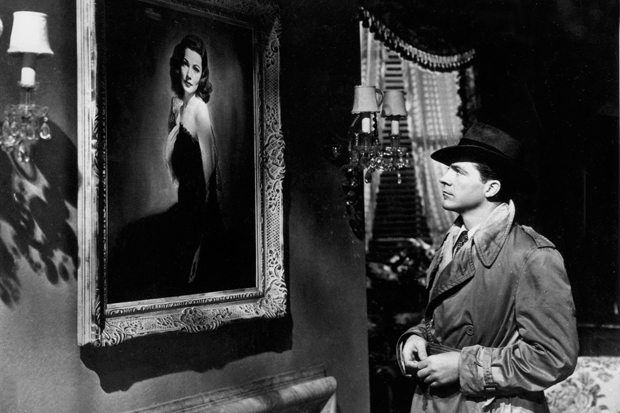

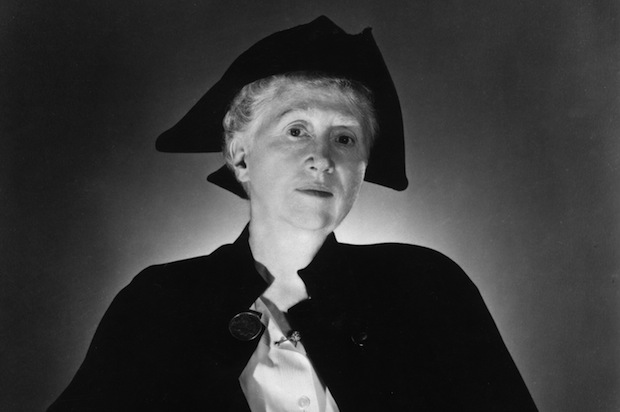
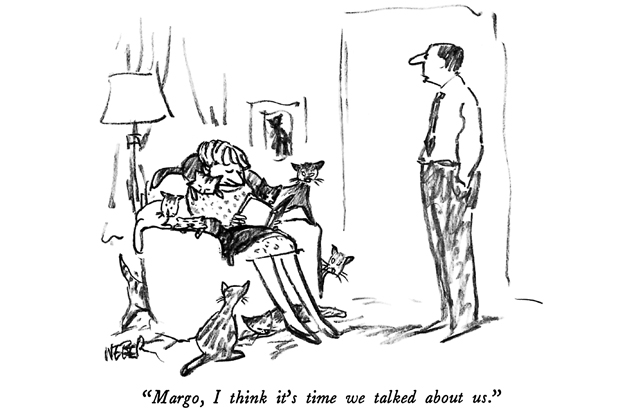
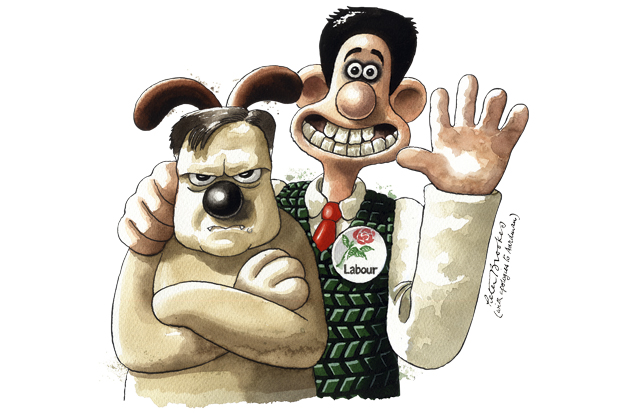
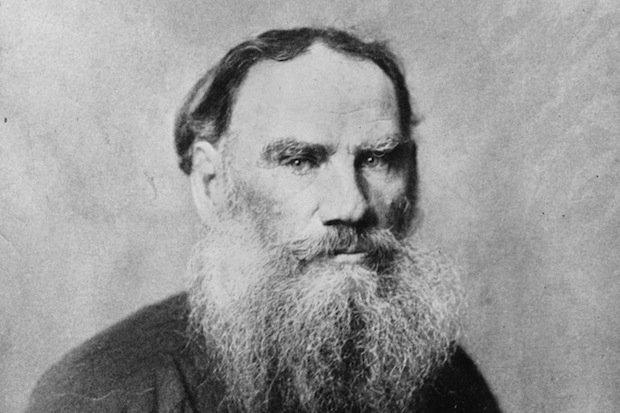







Comments
Don't miss out
Join the conversation with other Spectator Australia readers. Subscribe to leave a comment.
SUBSCRIBEAlready a subscriber? Log in